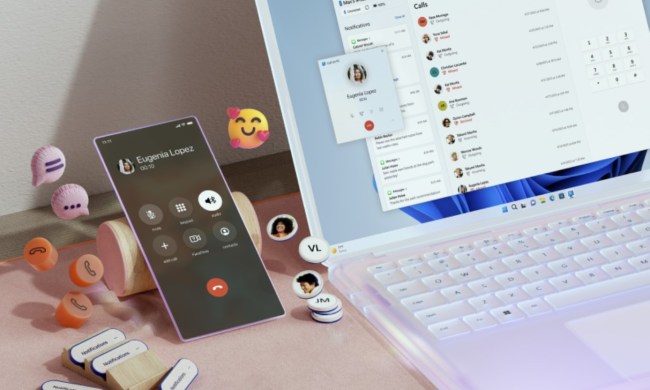According to a new Developer Blog post, Microsoft is expanding its support for passkeys on Windows 11 soon, with plans to let you choose how your passkeys are saved and where they’re stored. A new API will also allow third-party password managers like 1Password or Bitwarden to integrate more seamlessly into the Windows passkey experience.
With Windows Hello, users will be prompted to complete a one-time setup for each passkey-friendly website using their Microsoft account. Once that’s done, you can log in across all your Windows 11 devices using whichever authentication method you prefer — PIN, fingerprint, or facial recognition. All passkeys will be secured with end-to-end encryption and use your PC’s TPM (Trusted Platform Module) to keep them protected.
While Windows Hello will only help you log in to Windows 11 devices, if you also store your passkey with a third-party password manager, you’ll be able to use it on other compatible operating systems as well.
The redesign isn’t done yet, and the imagery Microsoft has to share so far is just “draft UX,” but the company plans to share more at the Authenticate 2024 conference next week. As for release dates, Windows Insiders will get to see the new features in action first, at some point during the “coming months.”
If it’s still months away for Windows Insiders, it will be even longer until ordinary users get to see the new features, but it’s good to know that it’s coming. Passkeys are a step in the right direction for a simple and secure online experience, but the quicker the integration progresses, the happier we’ll all be. Dealing with multiple different ways to log in and authenticate for different sites and devices is quite a bother.
Similarly, Apple also made a significant change to how macOS handles passwords with the new macOS Sequoia Passwords app.




